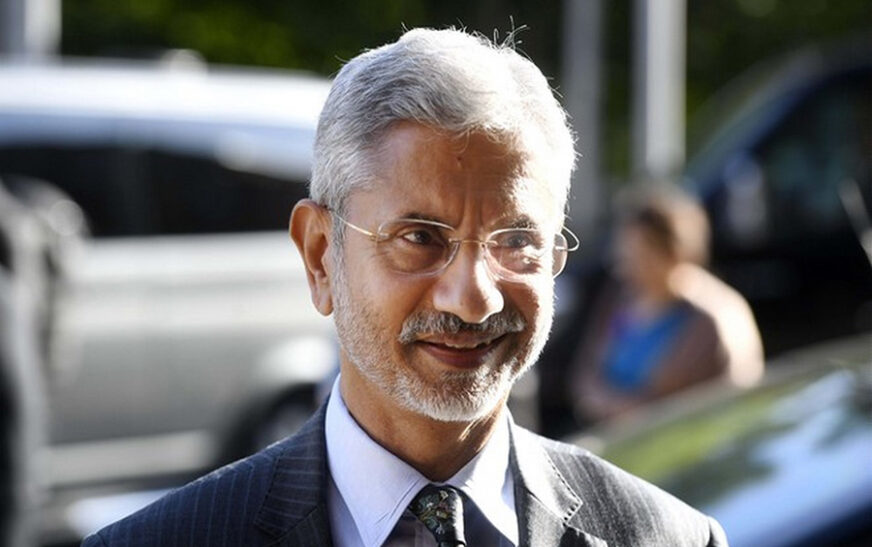The recent legal proceedings involving Alec Baldwin following a tragic incident on the set of the film “Rust” serve as a stark reminder of the accountability inherent in business ownership. Regardless of the scale of our enterprises, every business owner bears a significant burden of responsibility.
Ownership Implies Accountability
As a producer of the film, Baldwin’s involvement extends beyond his on-screen role; he shares ownership of the enterprise. Similarly, business owners are accountable for the outcomes of their ventures, including both successes and failures. Whether operating a small accounting firm or a multinational corporation, owners must recognize the weight of their responsibilities.
Personal Liability in Business Operations
Business owners shoulder the ultimate responsibility for the actions of their employees and the consequences thereof. Errors or misconduct by staff members, such as accidents, inappropriate behavior, or negligence, reflect directly on the owner. Despite potential reliance on insurance coverage, the onus remains on owners to mitigate risks and ensure proper oversight.
Reputational Risks and Marketing Missteps
Associations with controversial events or influencers, as well as marketing campaigns gone awry, can inflict reputational damage on businesses of any size. From misguided advertisements to social media blunders, owners must anticipate and address the fallout from such incidents, recognizing the heightened vulnerability of small businesses to public scrutiny.
Financial Safeguards and Internal Controls
While insurance offers essential protection, it cannot fully shield businesses from losses due to theft, data breaches, or other unforeseen events. Implementing robust internal controls, fostering management involvement, and maintaining meticulous attention to detail are crucial for minimizing exposure to liability. Owners must actively safeguard their businesses against potential risks.
Embracing Risk and Accountability
Business ownership entails inherent risks and obligations that set it apart from employment. Unlike employees who can easily change jobs, owners must navigate complex financial and legal landscapes, remaining steadfast in meeting obligations and addressing challenges head-on. Ultimately, acknowledging and embracing these responsibilities are fundamental aspects of entrepreneurial endeavor.
Conclusion
Alec Baldwin’s experience serves as a poignant reminder of the pervasive responsibility inherent in business ownership. Regardless of industry or scale, owners must recognize their accountability for the actions of their businesses and take proactive measures to mitigate risks. By embracing accountability and implementing effective safeguards, business owners can navigate challenges and uphold the integrity of their enterprises in an ever-evolving landscape of opportunity and liability.










